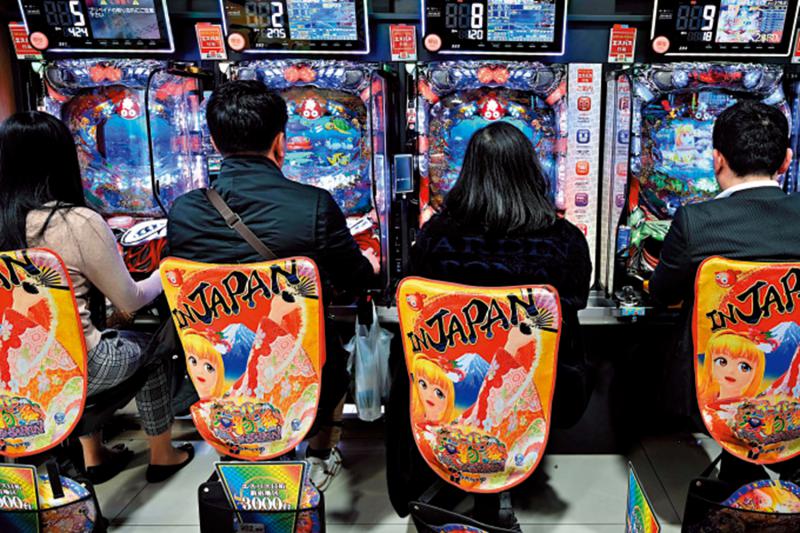According to Japan's "Yomiuri Shimbun", Reuters, and "Business Insider", despite the long-term ban on casinos, Japan remains a country keen on gambling: horse racing, motorboat racing, motorcycle racing, and bicycle racing are all legal betting activities.
Pachinko machines, also known as "Pachinko" or "Bosozoku", have been popular for a long time. Before the COVID-19 pandemic, Japanese people spent up to $200 billion annually on Pachinko machines, which is 30 times the annual gambling revenue of Las Vegas and twice the value of Japan's car exports.
Pachinko is a unique Japanese pinball game similar to slot machines. Players can win additional balls by getting them to land in certain positions, which are then multiplied as rewards, and eventually exchanged for various prizes.
Although Pachinko machines do not offer cash prizes, the prizes can be exchanged for cash at nearby second-hand merchants using tokens or the prizes themselves, effectively circumventing the law.
It is reported that the design of Pachinko games utilizes sound and visual effects to stimulate players' senses. Moreover, the probability of winning increases for a period after a win, making players believe that their "chances of winning" will increase. Although the price of a single ball is only 1 to 4 yen, it is very common for people addicted to gambling to go bankrupt.
There are over ten thousand Pachinko parlors across Japan. In 2017, a study by Japan's Ministry of Health, Labour and Welfare indicated that over two million Japanese people are dependent on Pachinko, accounting for one-sixth of all Pachinko players, with some heavily addicted individuals being referred to as "Pachinko invalids".
However, due to Japan's economic downturn, the Pachinko industry has been shrinking in recent years. Over the past twenty years, the industry has decreased from 30 trillion yen to 14.9 trillion yen in 2020.











